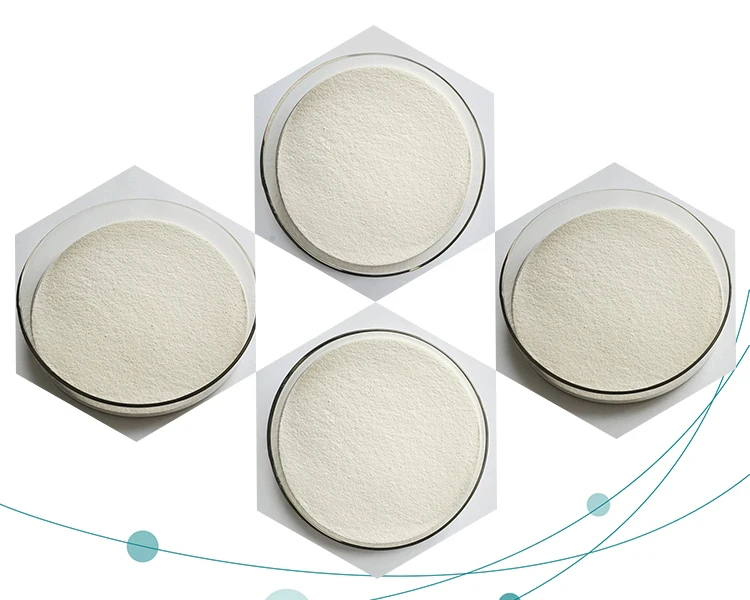As of my last knowledge update in January 2022, urolithin A (UA) is a compound that has gained attention for its potential health benefits, particularly in the context of mitochondrial health and longevity. Please note that there may have been further developments or studies since then.
Here’s a comprehensive overview of urolithin A based on the information available up to my last update:
- Source:
Urolithin A is a metabolite produced by the gut microbiota through the transformation of ellagitannins, which are polyphenolic compounds found in various fruits such as pomegranates, berries (like raspberries and strawberries), and nuts.

- Metabolism:
Ellagic acid, a precursor to urolithin A, is converted by gut bacteria into urolithins, including urolithin A. The efficiency of this conversion varies among individuals based on their gut microbiota composition.
- Health Benefits:
Mitochondrial Health: One of the key areas of interest is urolithin A’s potential to enhance mitochondrial function. Mitochondria are the cellular organelles responsible for energy production. Urolithin A has been studied for its ability to improve mitochondrial biogenesis and function, which may have implications for overall cellular health.
Anti-Inflammatory Properties: Some studies suggest that urolithin A may possess anti-inflammatory properties, which could be beneficial in addressing chronic inflammatory conditions.
Anti-Aging Effects: There is a growing interest in urolithin A’s potential role in promoting longevity and slowing down the aging process. Its impact on mitochondrial function is considered one of the factors contributing to these effects.
Muscle Health: Urolithin A has been investigated for its potential benefits in preserving muscle mass and function, which could be relevant in the context of age-related muscle decline.
- Research Studies:
Research on urolithin A is still in its early stages, and while some studies have shown promising results, more research is needed to establish its efficacy and safety conclusively.

- Challenges:
Variability in Gut Microbiota: The production of urolithin A depends on the individual’s gut microbiota composition, leading to variability in its availability among different people.
Limited Human Studies: While animal studies and in vitro research have shown positive effects, more human clinical trials are needed to validate the health benefits of urolithin A.
- Commercialization:
Some companies have started developing urolithin A supplements or products, often derived from natural sources like pomegranate extracts, to capitalize on its potential health benefits.
It’s important to stay updated with the latest scientific literature for any advancements or changes in the understanding of urolithin A. Always consult with healthcare professionals before considering any new supplements, especially those based on emerging research.
